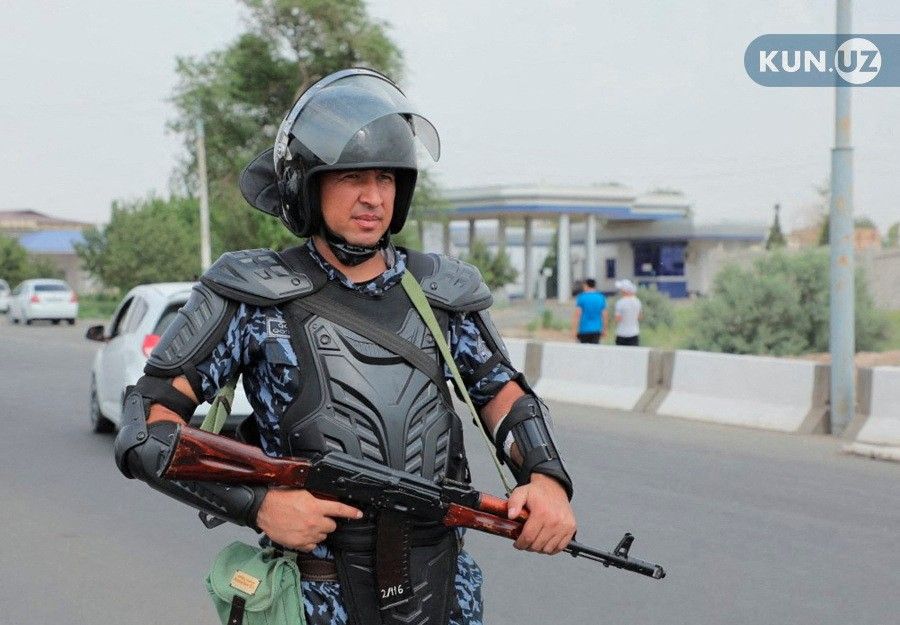In Soviet Socialist Republics, Border Crosses You
Here's a post from the blog archives of Geekery Today; it was written about 3 years ago, in 2022, on the World Wide Web.
Shared Article from Responsible Statecraft
The Karakalpakstan protests are both a history lesson and warnin…
The tiny independent region is one of many places living within arbitrary borders imposed during colonial or Communist eras.
Ted Snider @ responsiblestatecraft.org
Karakalpakstan, and the disputes surrounding it, are the result of the administrative and ethno-national arrangements created under successive Soviet constitutions. They can also in a way be called the product of modernity: the creation of national states in areas where such entities had never previously existed, where in some cases local nomadic people had never had settled states at all, and where multiple ethnicities are grouped under one state and overlap with other states.
As an example of the difficulty, until the later 19th Century the territory of Nagorno-Karabakh, violently disputed between Armenia and Azerbaijan, is supposed to have had an Armenian majority in winter and an Azeri majority in summer, when Azeri pastoral tribes drove their sheep up into the mountains.
— Anatol Lieven, The Karakalpakstan protests are both a history lesson and warning for the West
Responsible Statecraft (5 Quintilis 2022). Boldface added.
Nationalism is violent, tyrannical, stupid and bad in every circumstance, but some of its most glaringly, grindingly bad effects come about when the demands of national identity and border are slammed down, like a cookie-cutter, on top of human lives that have nothing to do with static, mappable boundaries, whether from long histories of nomadic life, or from seasonal migration, or from settled minority populations and ethnic patchworks, or from the million other perfectly sensible and peaceful things that human beings do and ought to be left in peace to do without regard for the demarcation of political or military frontiers.

Reply to In Soviet Socialist Republics, Border Crosses You Follow replies to this article · TrackBack URI
Follow replies to this article · TrackBack URI